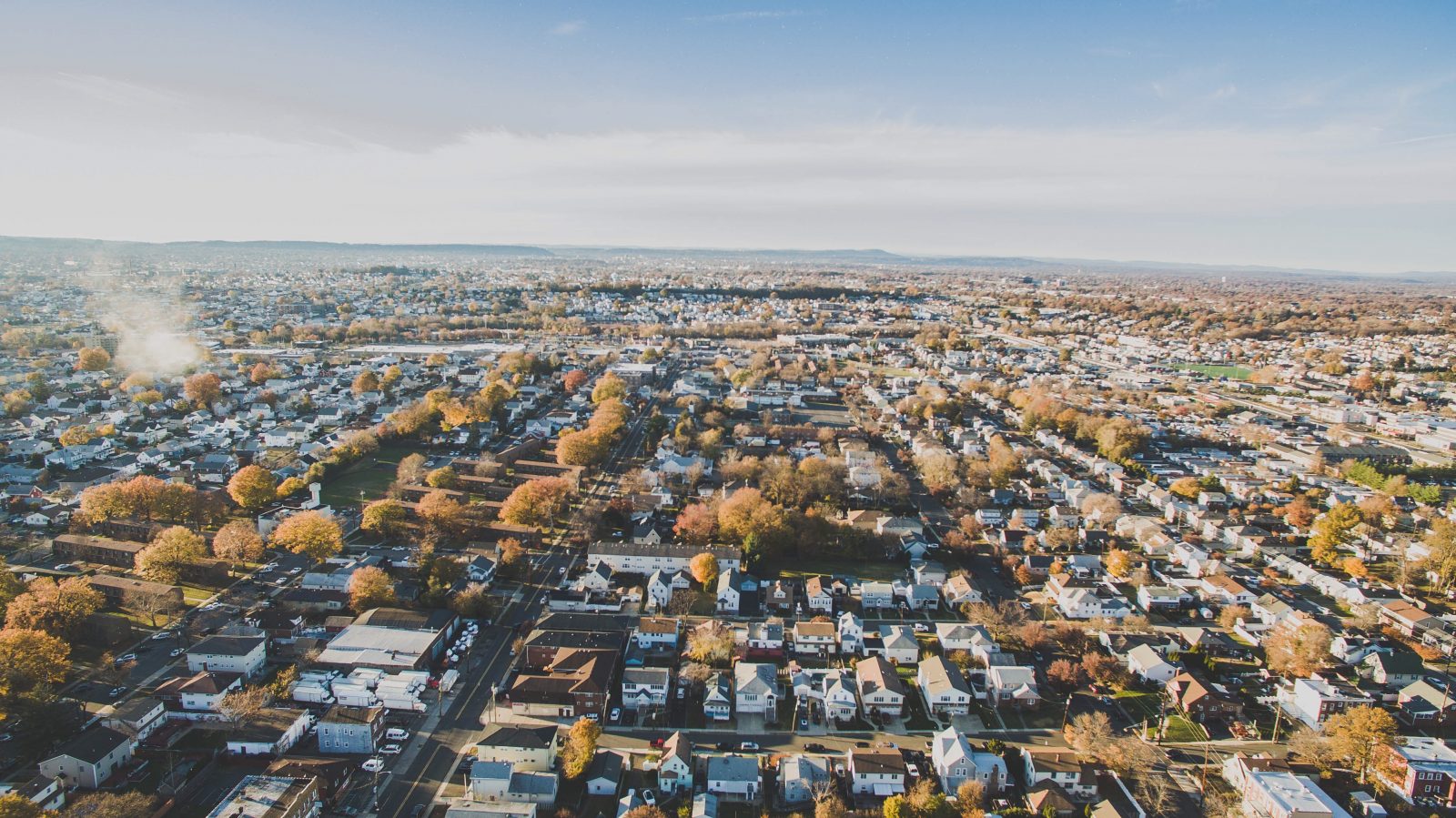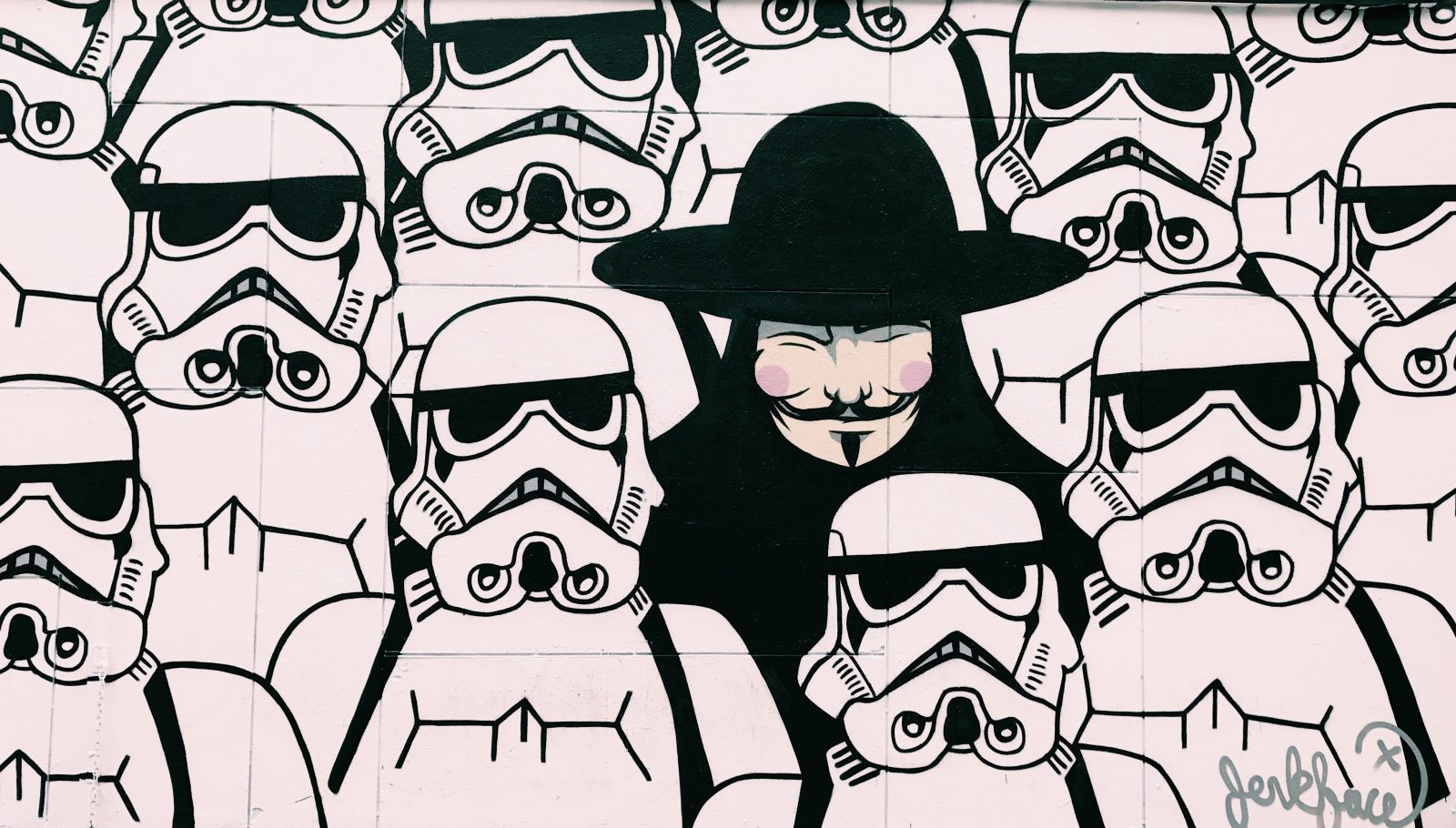According to Titlemax’s 2017 Congestion Index, which divides the number of registered vehicles by the total miles of roads in each state, New Jersey’s 176.1 score ranks third only behind Hawaii and Washington, D.C. as having the most traffic congestion – that is, for every mile of road in the Garden State, there are over 176 cars.
According to a study by the Auto Insurance Center, two cities – Hoboken and Weehawken – ranked among the top cities in America in terms of the most #roadrage Instagram posts. In 2015, a study by the American Highway Users Alliance listed the portions of the NJ Turnpike leading up to the Lincoln Tunnel and Fort Lee to be among the Top 10 most congested roads in the entire U.S.
Wow! Just wow! I am sure that this is worse now that New Jersey Transit trains have become unreliable with some lines being temporarily shut down to meet deadlines for federally mandated safety improvements.



